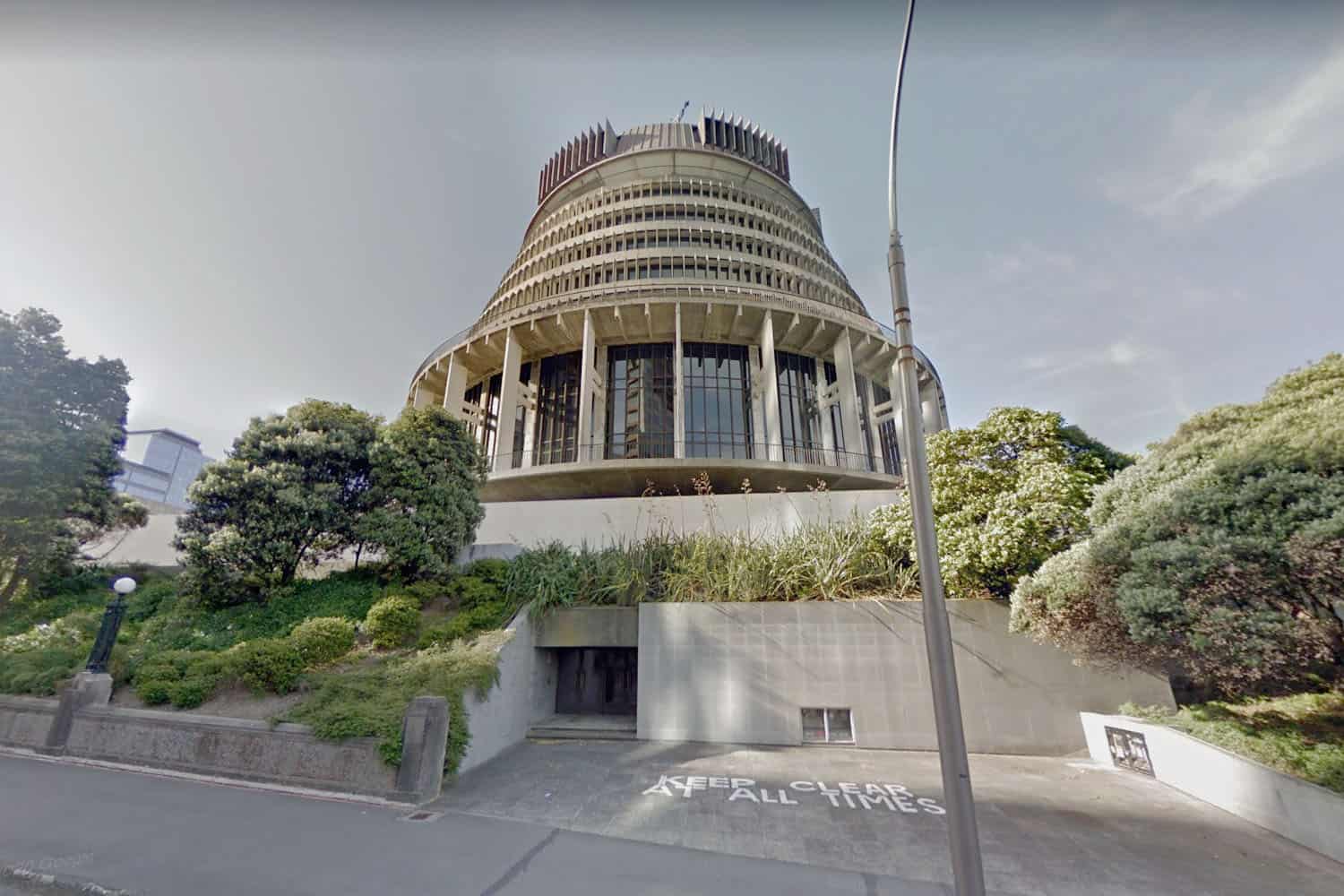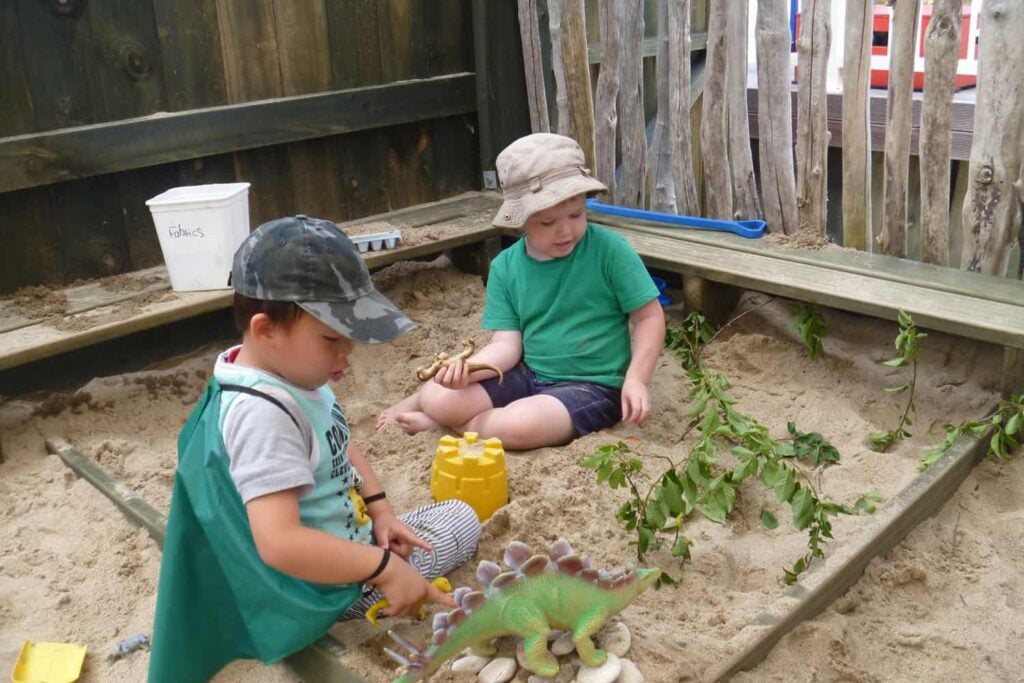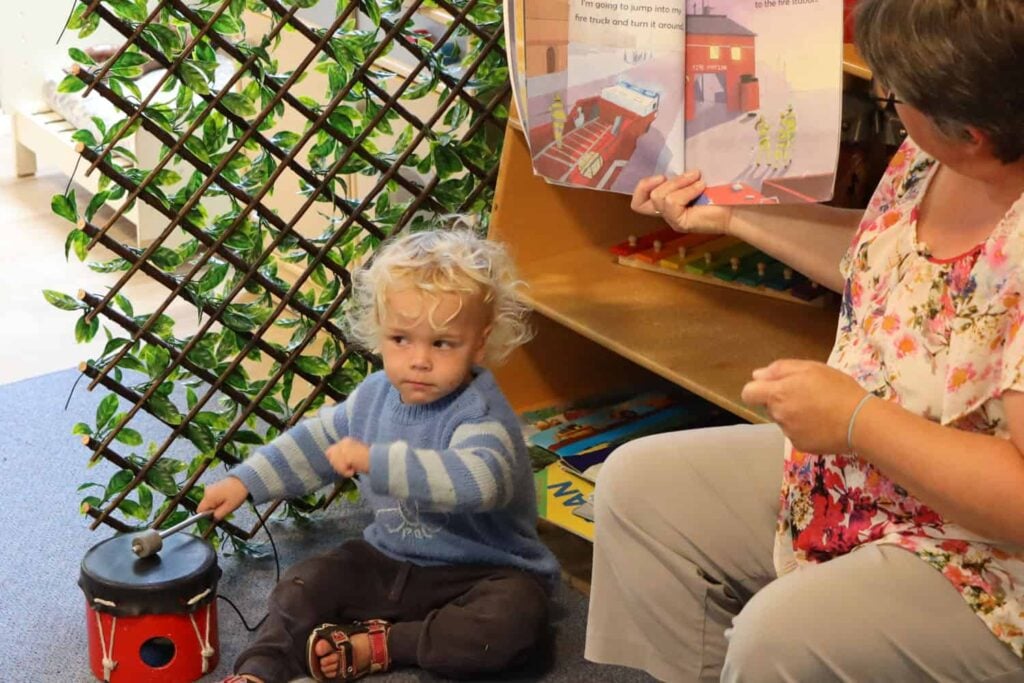May 20, 2021.
Budget 2021 provided more funding for early childhood education.
- a 1.2 percent cost adjustment to all funding rates. The 1.2% increase will be made to the following from 1 Jan 2022: Subsidy for Under 2s, Subsidy for 2s and Over, 20 Hours ECE, and all components of Equity Funding. The increase in Targeted Funding for Disadvantage will take effect from 1 March 2022. It will be available for all services, except for home-based services on the standard rate.
- an increase in funding to support an increase in the Ministry of Education’s minimum attestation rates for teachers in teacher-led centres, that service providers may opt into if they agree to pay these teachers defined pay steps based on the kindergarten teachers’ collective. But the Budget allocation figures show that no further pay steps will be incrementally introduced other than the perhaps first 6 pay steps for a beginning teacher that the minister suggested in his pre-budget announcement (2021/22 – approx. 29 million, 2022/23 – approx. 53 million, 2023/24 – approx. 54 million, 2024/25 – approx. 55 million).
This Budget has made it clear that the pre-election commitment Minister Hipkins gave that Labour would be delivering pay parity for all ECE teachers is not likely to happen in this term of government.

Dr Sarah Alexander said that while some more funding in Budget 2021 was nice, it would do little to turn around the new wave of despondency sweeping the sector because people are seeing the government continuing to let things worsen.
The Pre-Budget 2021 ECE Sector Confidence Survey revealed that people feel the government is poorly managing ECE. It is failing in key areas – lifting the quality of ECE, restoring 20 Hours ECE for families so its no longer just a subsidy, boosting support for parent-led services, and ensuring that all ECE teachers have pay parity with school teachers. And, the percentage of people who believe government is taking ECE in the right direction has almost halved from 30 per cent to 16 per cent compared with two years ago.
Dr Alexander points to teacher retention in ECE becoming a greater problem as a result of today’s Budget.
“While higher pay for beginning teachers might help to attract a few more people into ECE teaching, it’s experienced teachers that we are very worried about losing. Losing well qualified and experienced teachers has seriously negative repercussions for the quality that services can provide and children’s learning outcomes.”
Dave Best is the director of Edubase companies “Home-Grown Kids” and “Kids at Home”. With new training requirements for educators, he would like to see the government address the significant funding gap between home-based ECE and centre-based services.
“The phasing in of a 100% qualified Educator workforce by the end of 2024 means a higher level of education will be delivered to the child. With this quality license mandate there must be more pressure on Government for funding parity alongside centre based services, something where the funding gap is very very far apart.”
One positive in Budget 2021 is the indexation of Childcare Assistance thresholds, so Childcare Assistance will increase every year in line with wage increases. Adjusting thresholds could help many families to continue to qualify for instead of being shut out of receiving the WINZ childcare subsidy.







